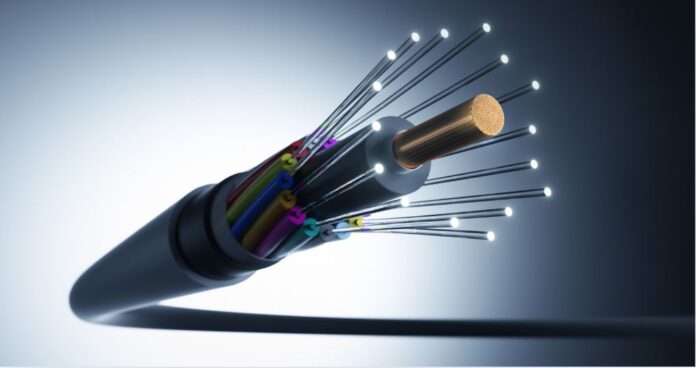Internet speeds slowed significantly across Pakistan on Friday following damage to a submarine cable, disrupting connectivity for broadband users nationwide.
The Pakistan Telecommunication Authority (PTA) confirmed that the Asia-Africa-Europe (AAE-1) submarine cable was damaged near Qatar, impacting internet services managed by the Pakistan Telecommunication Company Ltd (PTCL).
PTA issued a public notice, advising that repair efforts were underway and updates would follow.
Pakistan Telecommunication Authority (PTA) Chairman Major General (retd) Hafeez Ur Rehman recently dismissed the notion that sharks were responsible for damaging submarine cables.
Speaking at a Senate Standing Committee on Information and Technology, Rehman clarified that wildlife, including sharks, cannot damage submarine cables, and the issue likely stemmed from technical factors.
PTA Chairman informed the committee that Pakistan currently relies on seven submarine cables for internet services, with an additional “2 Africa” cable expected to improve connectivity soon.
PTCL, which manages three submarine cables — AAE-1, SMW-4, and IMEWE — relies on auxiliary connections to maintain connectivity inthe country, with all three cables landing in Karachi. SMW-4 and IMEWE have landing points at Hawksbay Beach, while AAE-1 connects via Clifton Beach.
Additionally, Transworld Associates operates two submarine cables — SMW-5 and TWA-1 — linking Pakistan with international internet hubs in the Gulf. Meanwhile, Cyber Internet Services Ltd manages the PEACE cable, which originates in China, terminates at Misri Shah in Karachi, and connects onward to Europe.
He also addressed the PTA’s role in regulating social media, revealing that the authority receives around 500 complaints daily. He noted that approximately 80% of flagged content is removed from platforms, while the remaining 20% stays accessible.
A key point of discussion was the PTA’s authority to impose regional internet shutdowns. Senator Kamran Murtaza questioned the legal basis for such actions, as there is no explicit provision in the law permitting regional restrictions.
An official from the Ministry of IT clarified that the Ministry of Interior directs such shutdowns when deemed necessary, a practice in place since 2016.
The PTA Chairman acknowledged that internet restrictions have also been enforced following directives from the Supreme Court and High Court. He emphasized that targeted internet shutdowns to address specific content issues could be carried out legally under government orders.




